
Causes
Some physical problems like GERD - gastro esophageal reflux disease can cause bruxism to occur. GERD interferes with a person’s ability to remain asleep and can also cause coughing. The condition is also associated with sleep apnea - missing breath whilst sleeping. Sleep apnea is another factor that may cause teeth grinding at night.
As for the psychological side of things, this grinding of the teeth can be a result of stress, anxiety or even obsessive compulsive disorder. To treat this, medication is combined with behavioral modification.
Bruxism may occur in those with a lack of certain nutritional elements. This theory seems to be backed up by the idea that many sufferers of anorexia also suffer from bruxism. To combat this, dietary supplements can be used. These supplements include calcium, magnesium and pantothenic acid. Should restless leg syndrome also be present in the patient, lack of magnesium is the most likely cause.
Other serious medical conditions can also lead to bruxism. Older people who suffer from conditions like Alzheimer’s, Huntington or Parkinson’s commonly grind their teeth whilst sleeping. On the other hand, with children who suffer from bruxism, this may be merely a developmental issue that will eventually resolve itself. In both cases, the use of protective mouth guards is advised in order to prevent damage to the teeth. However, the effectiveness of some mouth guards has been doubted - it is recommended to have a mouth guard fitted specifically for your own mouth.
Biofeedback
Biofeedback is another method used to fight bruxism. Essentially, this method tries to use subconscious conditioning in order to stop the jaw from tightening unnecessarily. A specially made headband is worn. This headband senses tightening of the jaw muscles and sounds a tone. Eventually, the idea is that the person will become conditioned to relax the jaw in response to the tone, even whilst sleeping. This method has about a 25% success rate. Other biofeedback methods use electric shock and some methods even use an apparatus to stop breathing through the nose. In some cases, Botox is used, but this method is very controversial.



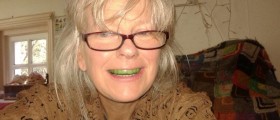
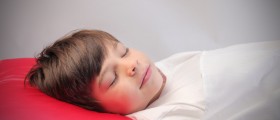
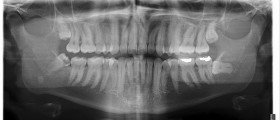
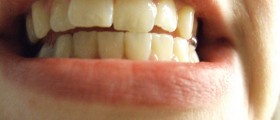

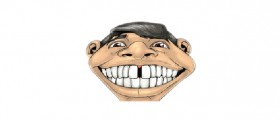
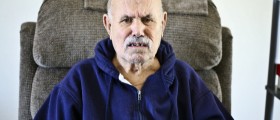
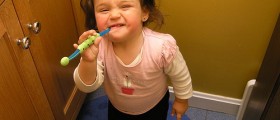

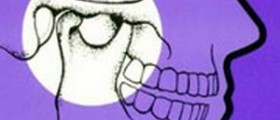
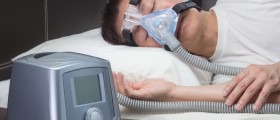
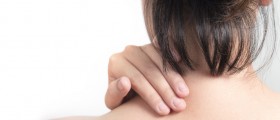
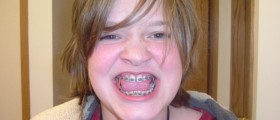
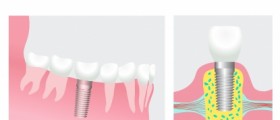
Your thoughts on this
Loading...